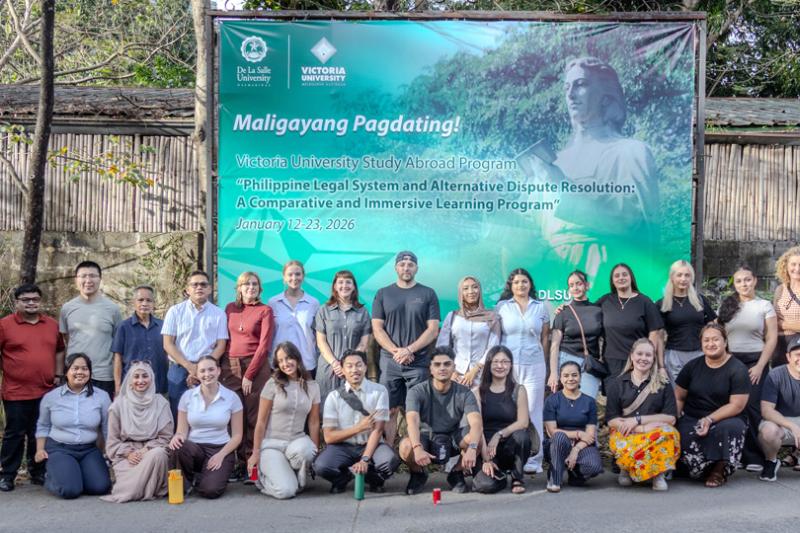Leading education & training policy expert accepts prestigious academic role

One of Australia’s leading experts on education and training policy, Peter Noonan, has taken up a new policy leadership role as a Mitchell Institute Fellow and advisor to the Vice Chancellor of Victoria University, Melbourne.
Peter Noonan has over 25 years’ experience working as a policy adviser, senior executive and consultant to federal and state governments, universities, higher education providers, TAFE institutes and training systems on major policy strategies and reviews.
“We are thrilled that Peter Noonan is able to join us at the Mitchell Institute,” said Executive Director, Mark Burford.
“Peter has played a major role in shaping the vocational education and training, higher and post compulsory education sectors in Australia over the last two decades. He has led some very important review work and has held a number of senior appointments including membership of the Expert Panel for the Review of Australian Higher Education (Bradley Review) in 2008,” he said.
Peter Noonan will lead the Mitchell Institute’s work on policy challenges and options that support the creation of tertiary education pathways for young people to succeed in the labour market. He will also work closely with Vice Chancellor Professor Peter Dawkins as a strategic adviser to Victoria University.
The three-year appointment is timely given the imminent release of the federal government’s review into the demand-driven system in higher education.
“Growth, participation and quality in Australia’s higher education are vital, so the outcomes of the Kemp-Norton review are highly anticipated,” said Professor Dawkins.
“Peter Noonan’s work will complement the review by looking at the confusing and contradictory policy settings and financial arrangements governing the many state-based vocational education and training sectors and identifying new models that improve quality and reduce costs through better integration across states and with the higher education sector,” he said.
Read more about the Mitchell Institute Tertiary Education program.



